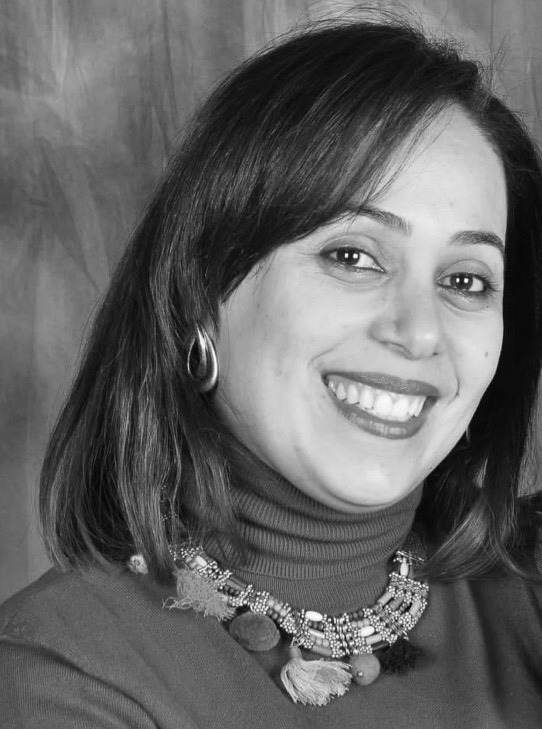2022
Project: Tunisian women’s mobilizations for equality: Identity, beliefs and unfinished revolution?
Dr. Arbia Selmi
(Postdoc, Dynamics and Experiences of Globalization, Centre Marc Bloch, Berlin/ Germany)
Arbia Selmi is a sociologist of labour and gender. Her doctoral thesis in sociology at the École des hautes études en sciences sociales (EHESS) in Paris focuses on the mobilization of women trade unionists for access to positions of power within the Tunisian General Labour Union (UGTT). Since March 2022, Arbia Selmi is a member of the IFG framework: Identities and Beliefs as part of a postdoctoral fellowship with the Merian centre for advanced studies MECAM in Tunis. Arbia Selmi is a member of the axis “Gender, class, race” of the Maurice Halbwachs Centre in Paris, and since October 2019, an associate member of the Marc Bloch Centre in Berlin, on the axis “Dynamics and experiences of globalization”. Her research lies at the intersection of three fields of analysis: political sociology (collective mobilization); sociology of gender; sociology of organizations. Arbia is an expert in gender studies and has specialised in gender and trade union issues. She is a feminist activist involved in associations fighting for gender equality and against violence against women in Tunisia.

Project Identities & Beliefs
Following the 2011 Arab revolts, Tunisia experienced a decade of profound political, economic and social change, with the main challenges being the establishment of democracy, social justice, and the expansion of gender equality. However, despite significant advances in women’s rights in Tunisia, women still cannot inherit on equal terms with men. A feminist movement for equality in inheritance was therefore created in 2018, sponsored by more than 60 secular feminist associations and united against the Islamic movement, which sought to pressure the government into adopting a law on equal inheritance. However, the Tunisian Parliament ultimately rejected the draft law establishing inheritance equality between the sexes. This was due to the patriarchal societal culture, religion and “national identity” which is defined in Article 1 of the Tunisian Constitution of 1958 and later reaffirmed by the Constitution of 2014: declaring Islam as the religion of Tunisia. This rejection provoked the anger of women who mobilized to adopt this law. My research project addresses the following question: How do national identity and beliefs influence the rights of Tunisian women?
Based on qualitative research and analysis of the archives of feminist associations, this paper seeks to understand the influence of national identity, beliefs, societal culture and law in the creation of inequalities for women. Going beyond the issue of inheritance law, I ask what conditions would allow for the establishment of substantive equality in all areas in post-revolutionary Tunisia.
